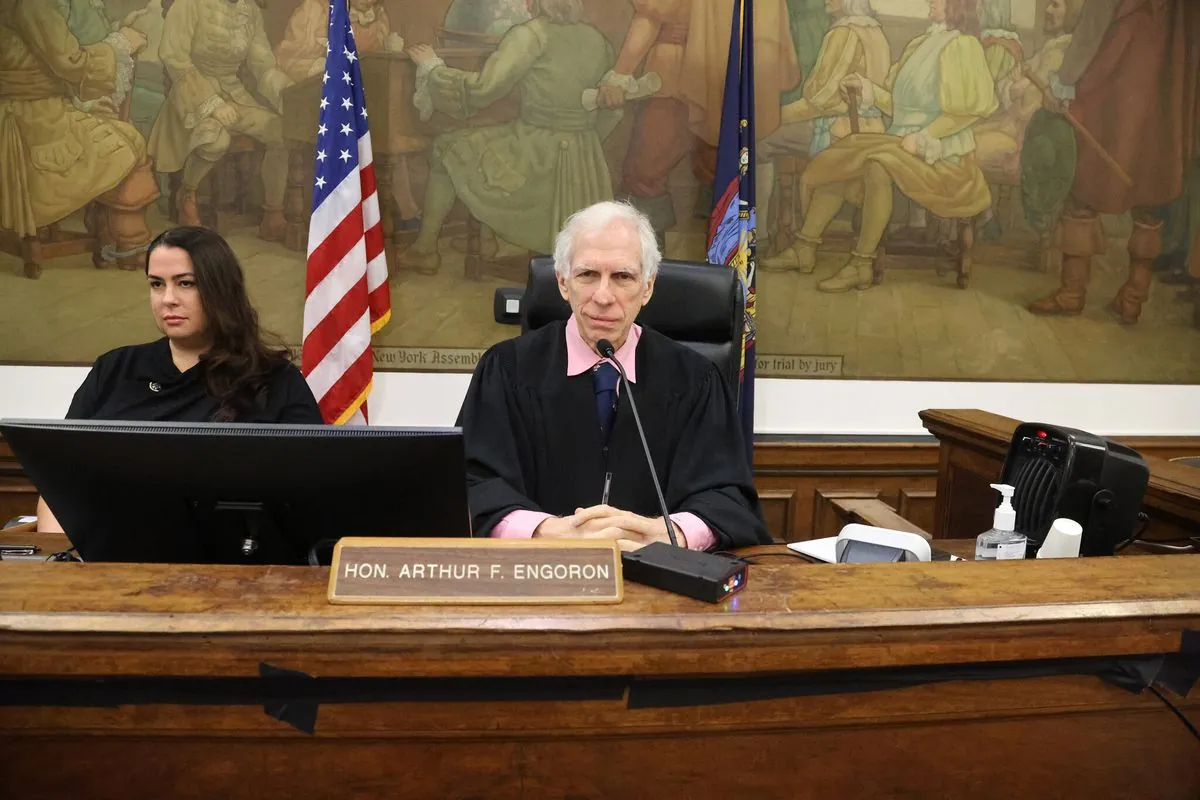U.S. Judiciary Issues New Ethical Guidelines for Law Clerk Employment
Federal judges advised to restrict law clerks from seeking jobs with political organizations. New guidance aims to maintain judicial independence amidst recent controversies in clerk hiring practices.

The U.S. federal judiciary has taken steps to reinforce its commitment to impartiality and independence. On September 12, 2024, the U.S. Judicial Conference's Committee on Codes of Conduct released updated ethical guidance for federal judges regarding their law clerks' employment prospects.
The new advisory opinion recommends that judges limit their clerks from pursuing post-clerkship positions with political parties, partisan groups, or organizations involved in electoral advocacy. This measure aims to prevent any perceived connection between judges' chambers and political activities, which could potentially compromise the judiciary's autonomy.
Chief Justice John Roberts, who chairs the Judicial Conference, has emphasized the importance of maintaining public trust in the judicial system. This latest guidance reflects ongoing efforts to address ethical concerns within the federal courts.
The federal judiciary, comprising 94 district courts, 13 courts of appeals, and the Supreme Court, employs approximately 30,000 individuals. Among these are law clerks, who typically serve for one or two years after completing law school. These positions are highly sought after, often leading to prestigious careers in various legal sectors.

This update comes in the context of recent controversies surrounding law clerk hiring practices. Concerns were raised about a clerk accused of racist conduct while working at a conservative advocacy group, who subsequently secured a clerkship with Supreme Court Justice Clarence Thomas. Additionally, some conservative judges announced boycotts of clerk hiring from certain law schools, prompting debates about the ethical implications of such decisions.
The judiciary's focus on ethical conduct is not new. The Code of Conduct for United States Judges, first adopted in 1973, already advised judges to refrain from political activities. However, this latest guidance extends these principles to their staff, recognizing the influential role law clerks play in the judicial process.
"A law clerk who applies for a job with a political organization risks linking the judge's chambers to political activity, which could compromise the independence of the judiciary."
It's worth noting that while this guidance applies to the broader federal court system, the Supreme Court is not bound by the Code of Conduct for U.S. Judges. This distinction has led to ongoing discussions about the need for uniform ethical standards across all levels of the federal judiciary.
The federal judiciary's budget for fiscal year 2024 stood at approximately $8.5 billion, reflecting the significant resources allocated to maintaining the integrity and efficiency of the court system. With 870 authorized Article III judgeships, the impact of this new guidance is substantial.
As the judiciary continues to navigate complex ethical terrain, this latest advisory opinion underscores the ongoing commitment to preserving the independence and impartiality of the federal court system. It serves as a reminder of the delicate balance between individual career aspirations and the broader principles of judicial integrity that underpin the American legal system.


































